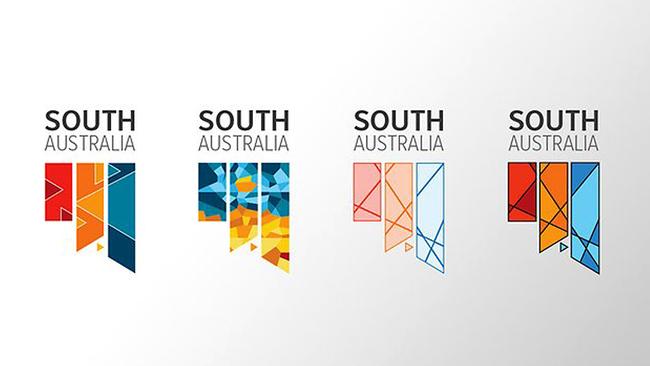The future of work is here: Two thirds of Aussies turn to sharing economy for extra cash in 2015
MORE than two thirds of Australians are now using this new strategy to make extra cash. It’s a way to earn money that ‘didn’t exist’ two years ago.
MORE than two thirds of Aussies are planning to make extra money from sharing economy sites such as Uber, Airtasker and Airbnb in 2015, according to a new study.
The Future of Work Research Monitor survey, commissioned by Airtasker and conducted by Pure Profile, also found that nearly half (43.5 per cent) of working Australians say they will be on the lookout for a new job this year.
With 92 per cent of Australians looking to supplement their income, 68 per cent said they were considering using social ‘sharing economy’ platforms to do so.
RELATED: THE HIDDEN FREELANCE ECONOMY
MORE: IS UBER REALLY WORTH $48 BILLION?
EARLIER: MAKE $1,185 A MONTH DOING NOTHING
The desire for flexibility and intention to seek new opportunities was higher among younger age groups — 4 per cent of respondents overall said they were already using these online platforms, but that figure was 10 per cent for those aged 25-34.
Airtasker CEO Tim Fung said the social jobs platform, on which people post ‘tasks’ — anything from low-skilled manual labour to professional services such as market research — has grown from 70,000 users at the beginning of 2014 to 210,000 today. It now processes about $10 million worth of jobs per annum.
“The growth in these sharing economy platforms has been amazing — it’s a way of earning money that just didn’t exist two years ago. The opportunities it’s created for people have been huge,” he said.
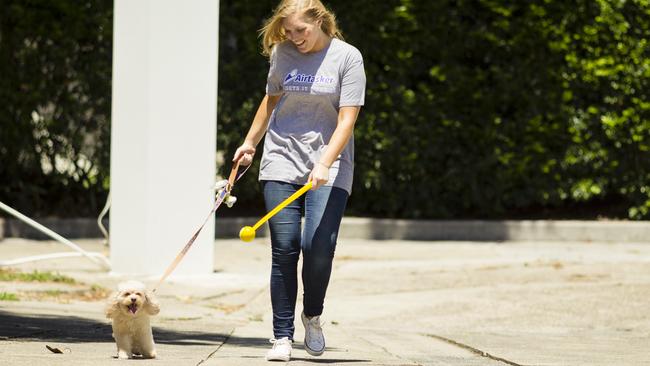
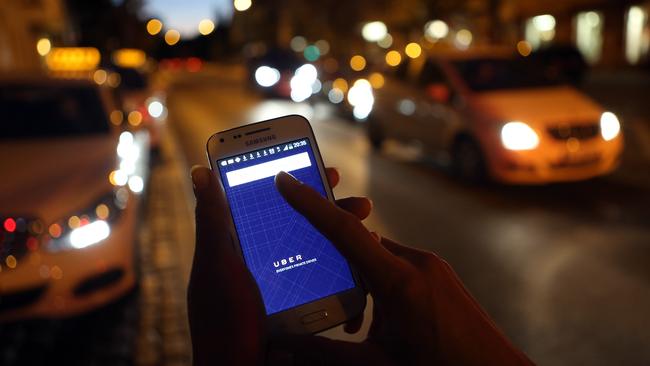
While Australia’s unemployment rate is 6.1 per cent, the underutilisation rate — combining the official unemployment rate with “discouraged” jobseekers, the “underemployed’’ and those who want to start work within a month, but cannot begin immediately — is around 13 per cent.
“You’re counted as employed if you have a single-digit number of hours per week in work, which is obviously not what most people want,” said Mr Fung.
According to the survey, 85 per cent of Australians think the traditional 9-5 employment model is too inflexible in 2015 and into the future.
More than three quarters (76.4 per cent) agreed that the flexibility of freelancing would make up for the unpredictability of work.
Meanwhile, Uber says that UberX, which allows virtually anyone to become a taxi driver using their own car, is adding 1,100 new drivers per month around the country who are each driving about 20 hours a week and earning on average $30 an hour.
Alexa Enthoven is a mother of two who has been using the Airtasker platform for the past two years to supplement her husband’s income.
The former real estate agent and management consultant has picked up extra cash doing everything from cleaning and delivery driving to market research and English coaching.
“I’ve been stretched to do things I never thought I would do, and I don’t mean that in a negative way. Cleaning, tidying, deliveries, I actually really enjoy meeting interesting people and building relationships,” she said.
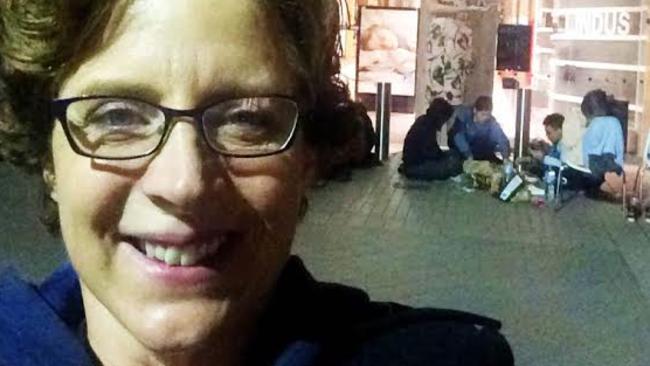
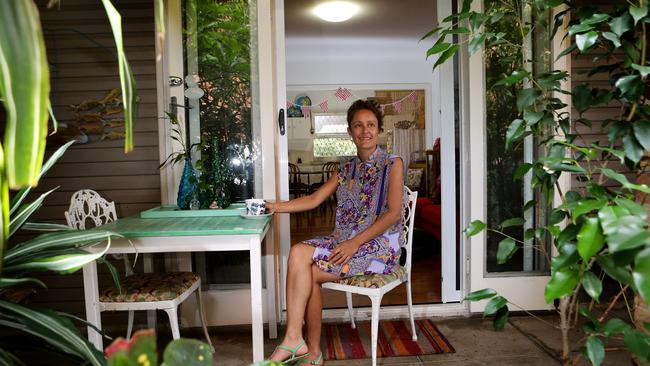
“Sometimes I will go for jobs because I think the person sounds interesting. It’s about networking and opening doors, potentially to a new full-time job — a lot of small businesses use the site.”
Some of the more unusual jobs Ms Enthoven has completed include flying to the US to deliver an engagement ring, setting up a surprise Valentine’s Day picnic, and visiting a Sydney cemetery to take a photograph of a New York-based man’s grandfather’s grave so he could prove his Jewish heritage to his fiancee’s family.
“It was one of those times where you know you’ve really helped someone — they couldn’t have done it any other way. It didn’t pay particularly well but it was obviously very useful for him.”
Still others have made a full-time job out of the sharing economy. Former chef Stuart Orth claims to have tripled his income, now making $3000 a week doing handyman jobs — everything from laying turf and preparing garden beds to removing fences and moving furniture.
“While these are everyday tasks, I know that sometimes, people just want the company,” he said. “It’s not so much the task I’m doing for them, sometimes it’s the company I’m providing for people — just being there for them and having a chat with them.”
The Future of Work Research Monitor report was based on a representative survey of 1,004 employed Australians nationwide.
